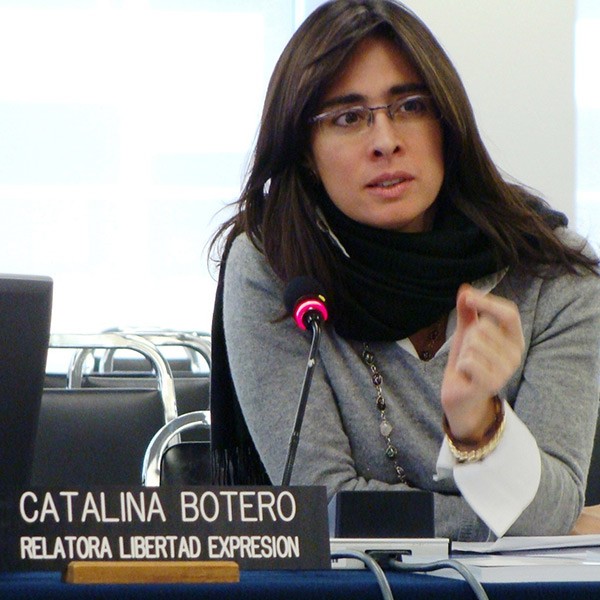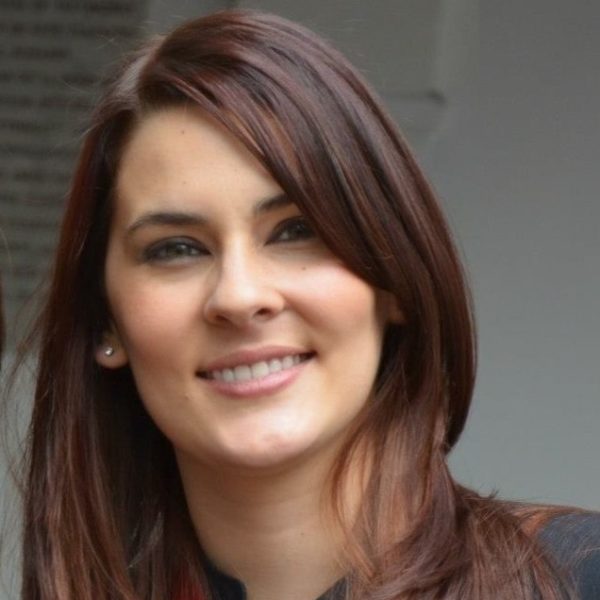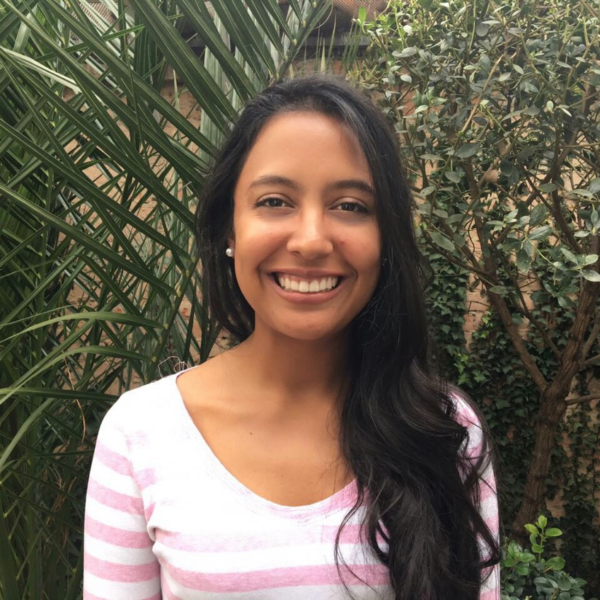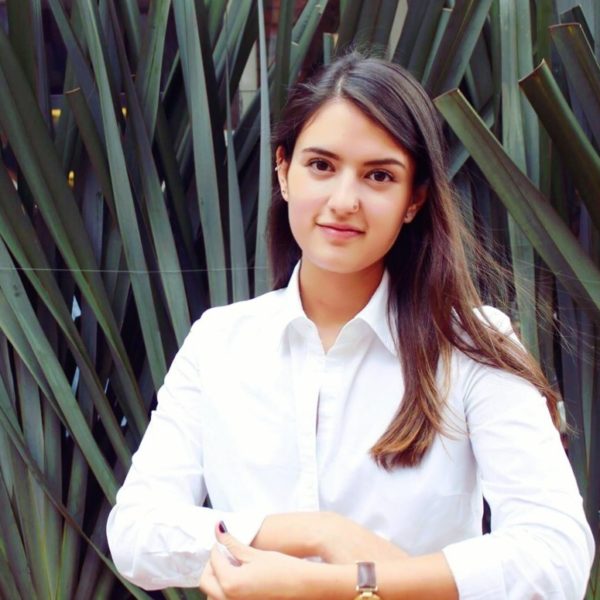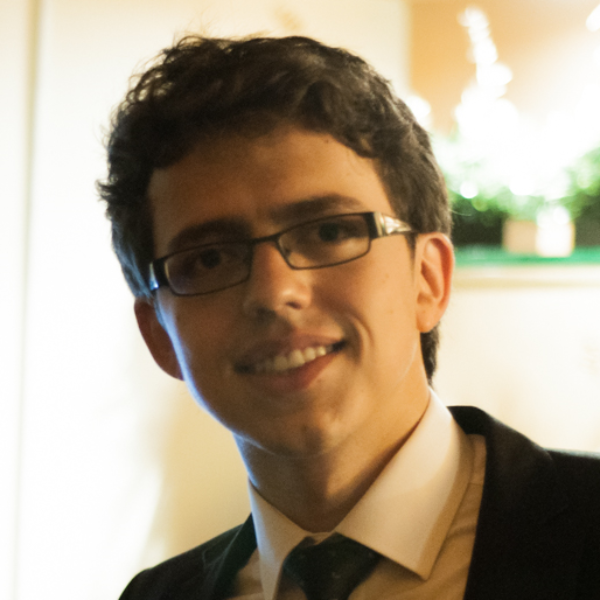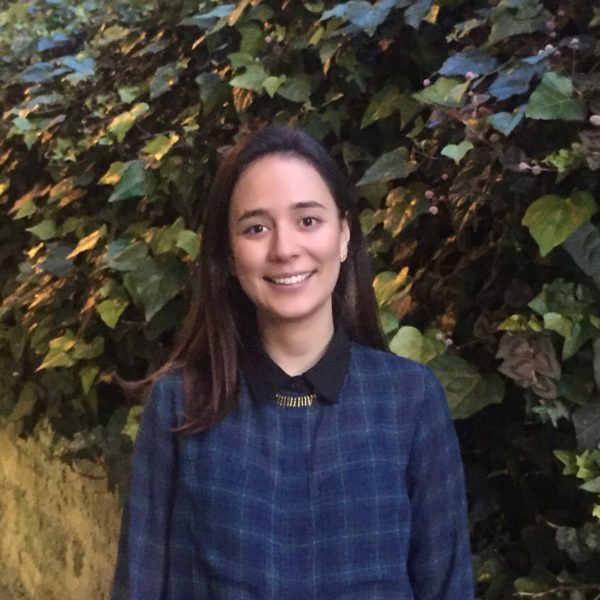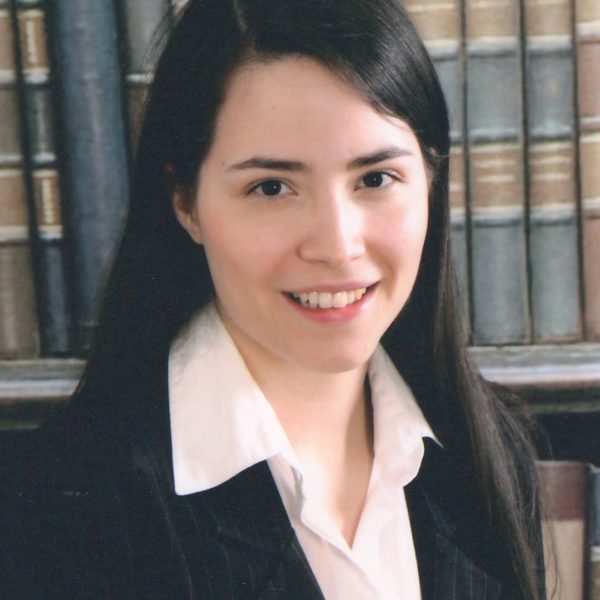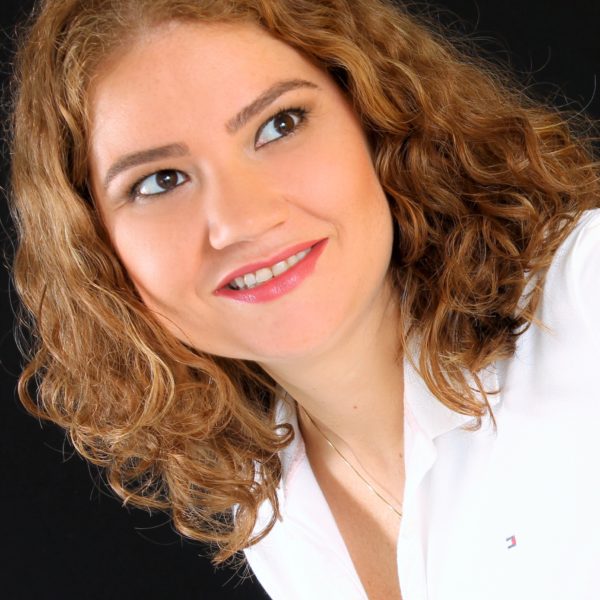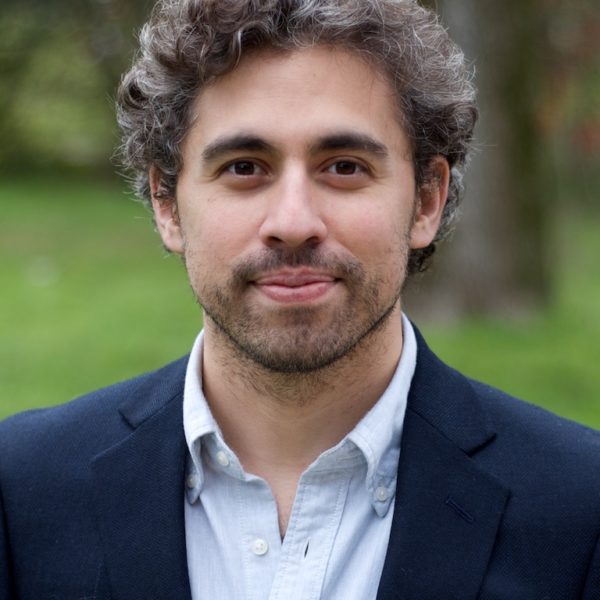Sofía Jaramillo
Editor, Columbia Global Freedom of Expression
Senior Staff Attorney for Civic Space, Robert F. Kennedy Human Rights
Sofia Jaramillo-Otoya is the Senior Staff Attorney at RFK Human Rights were she leads, coordinates and supports the organization’s work partnering with human rights defenders to protect civic space through advocacy, strategic litigation, and technical assistance. Sofia has devoted much of her career to international human rights mechanisms. She served as legal advisor to the David Kaye, the UN Special Rapporteur on freedom expression while also lecturing and co-supervising the International Justice Clinic at the University of California, Irvine. There, she coordinated the litigation efforts and focused on a wide range of digital rights issues related to freedom of expression and privacy, including surveillance, content moderation and oversight, online hate speech, online gender-based violence, artistic and academic expression. Sofia also served as legal advisor to Agnes Callamard, the UN Special Rapporteur on extrajudicial executions while working as a legal officer at Columbia University’s Global Freedom of Expression. At the regional level, she served as a human rights specialist for two Special Rapporteurs for Freedom of Expression of the Inter-American Commission on Human Rights. There, she addressed issues related to violence against journalists, protest, surveillance and access to information, and led the capacity building efforts of the office. Sofia has also worked with regional and local organizations including Dejusticia, Civitas, the Foundation for Free Press (FLIP) and the Inter-American Press Association.
Sofia completed her initial legal degree at Rosario University in Colombia, and earned an LLM from Columbia Law School in New York, where she was a Human Rights Fellow. Sofia graduated from Columbia University with the academic recognition of Harlan Fiske Stone Scholar and a Certificate in International and Comparative Law.
